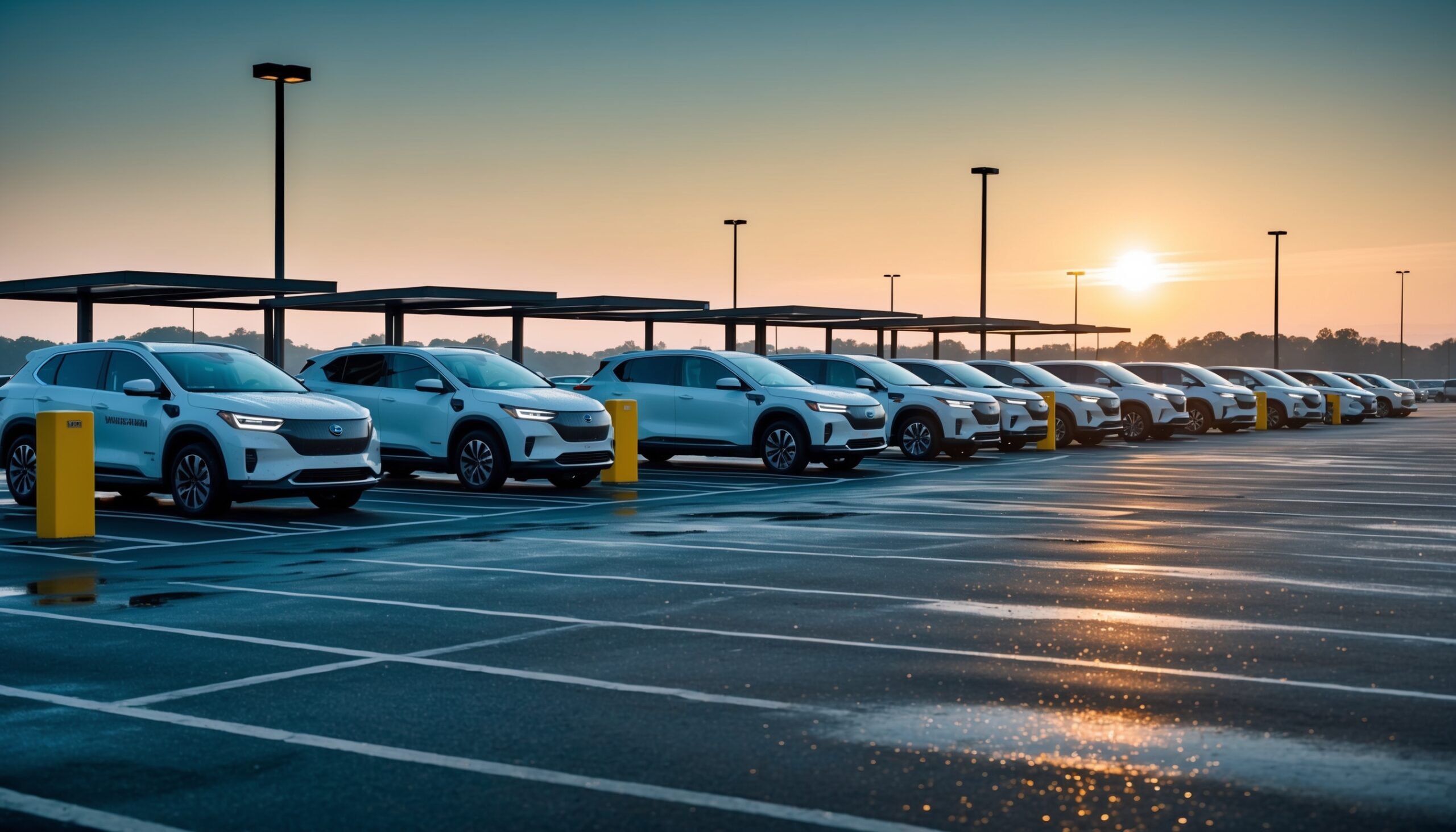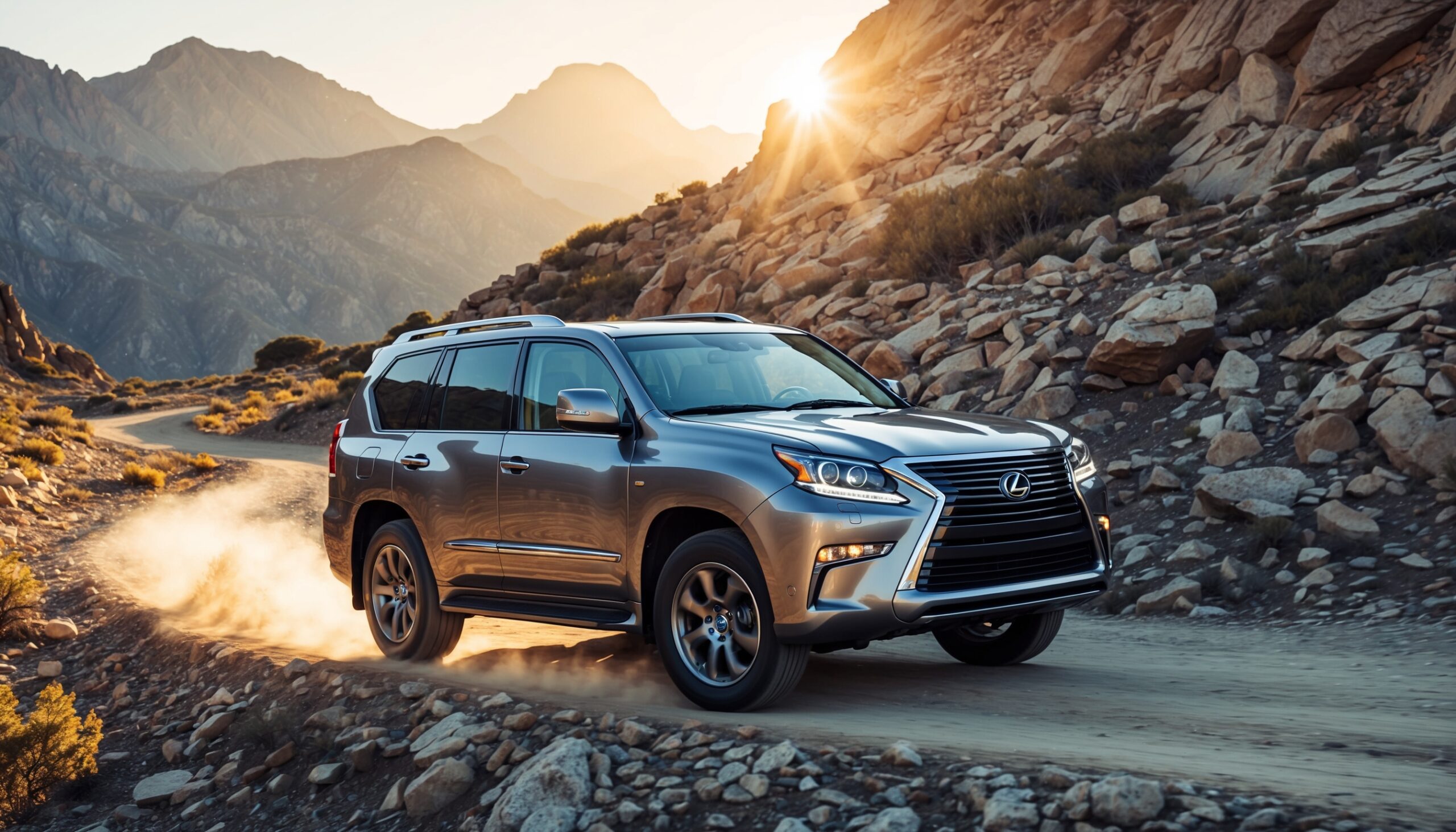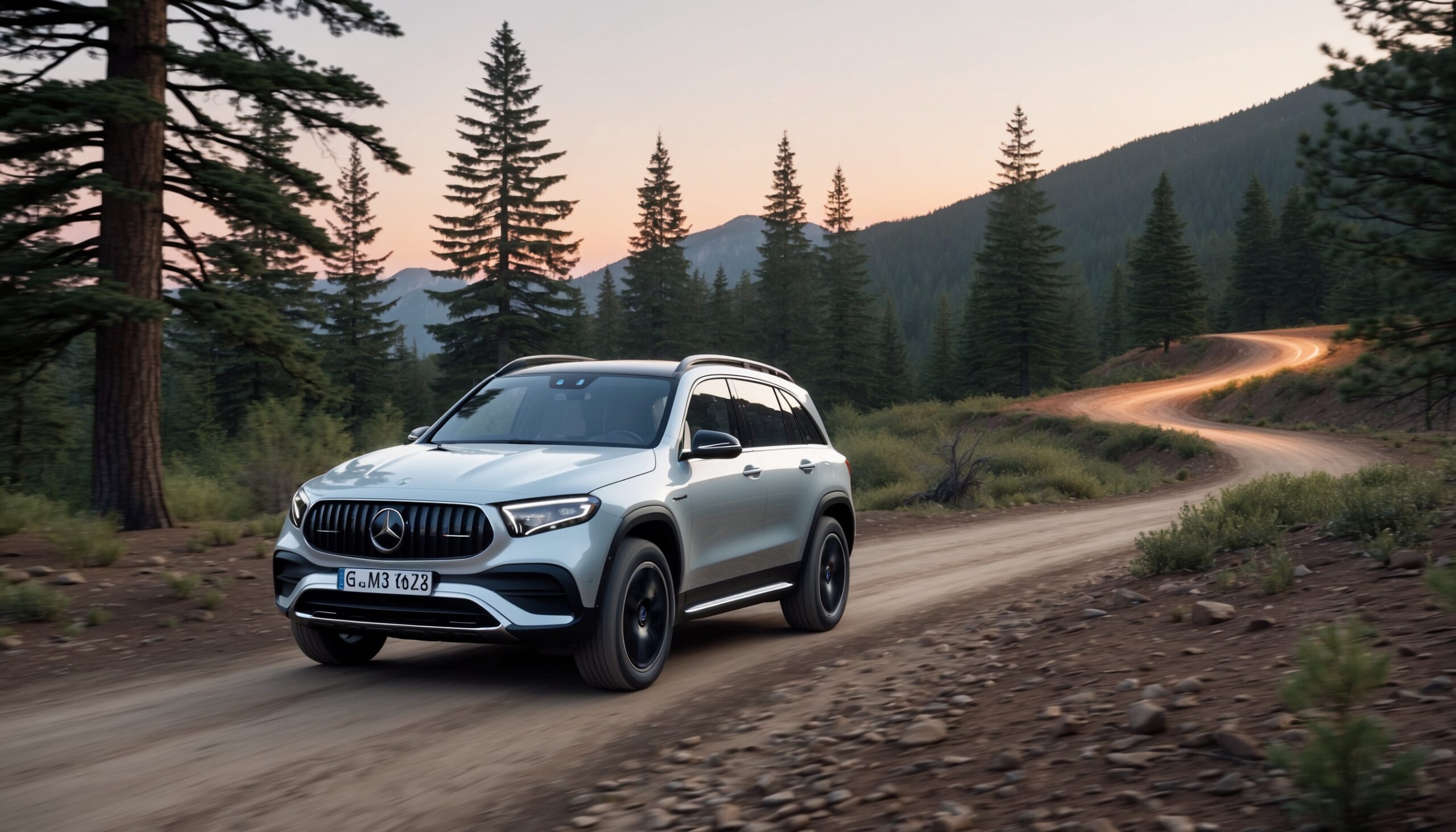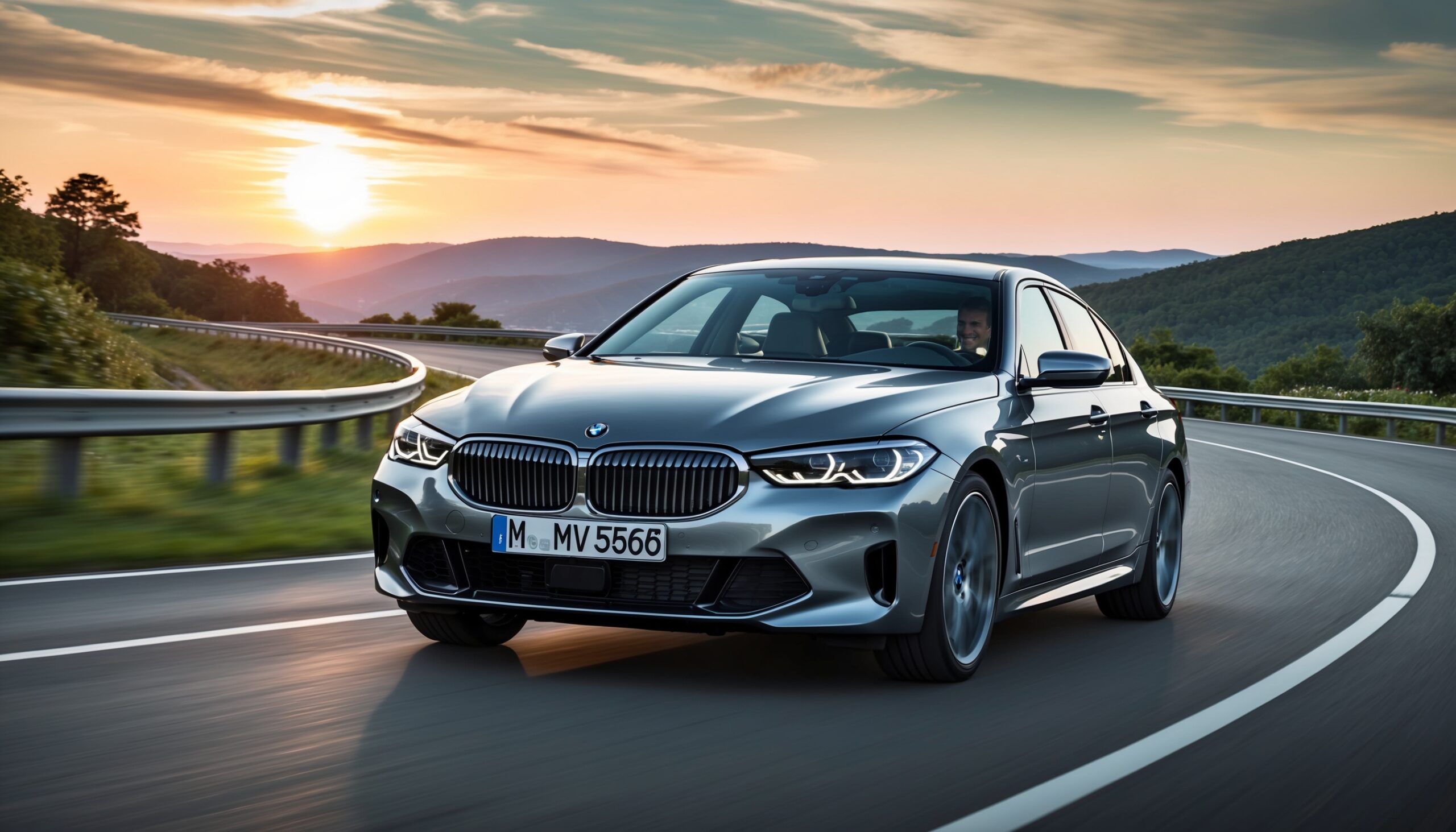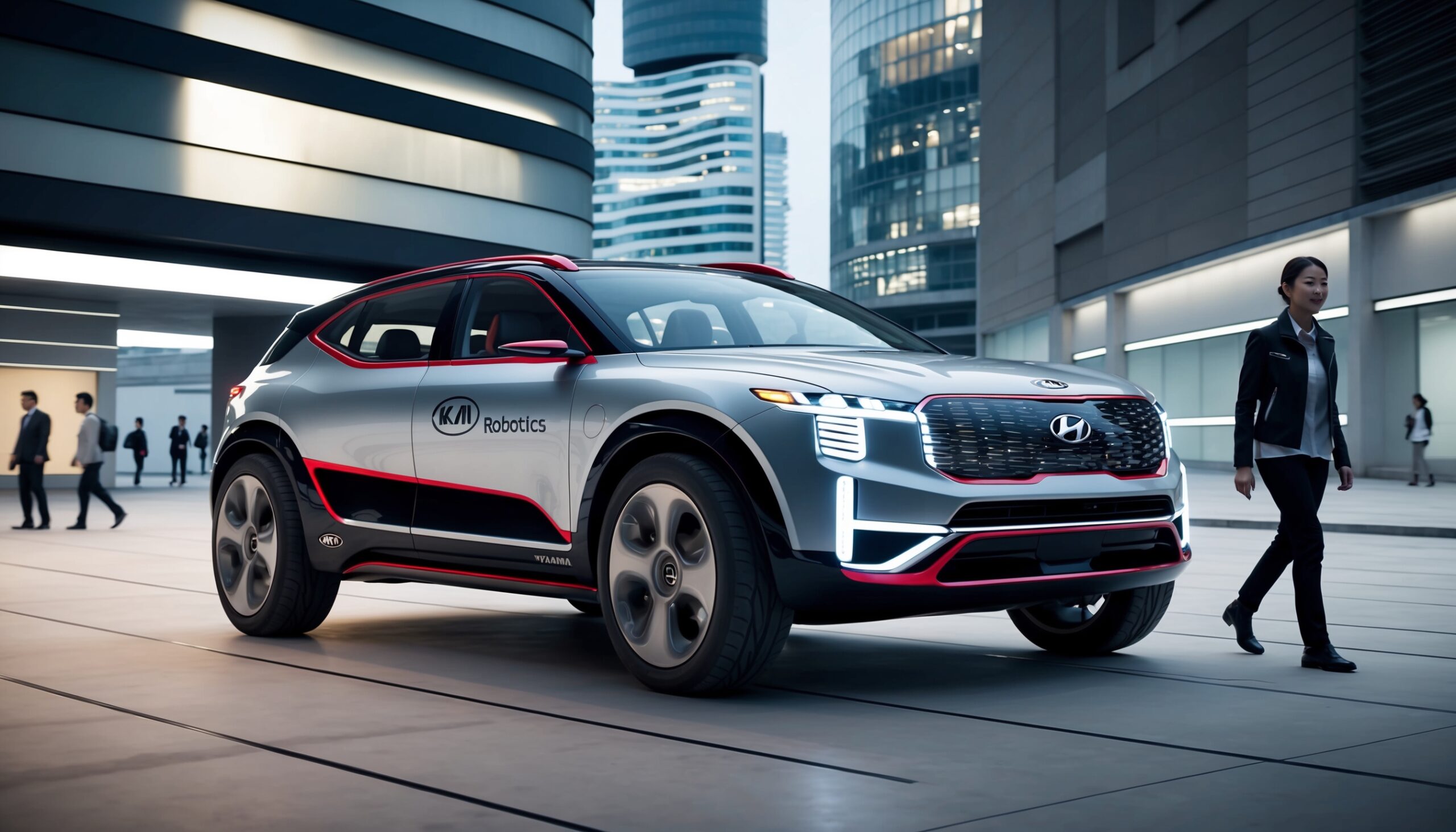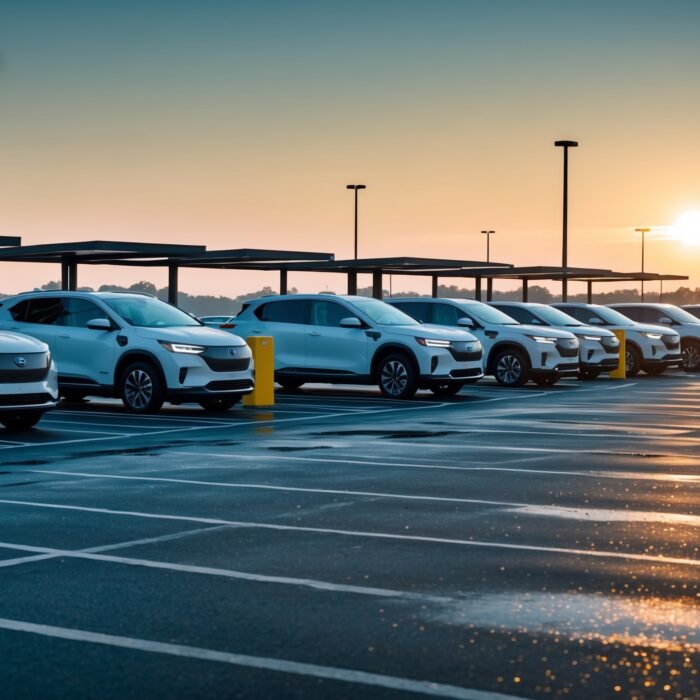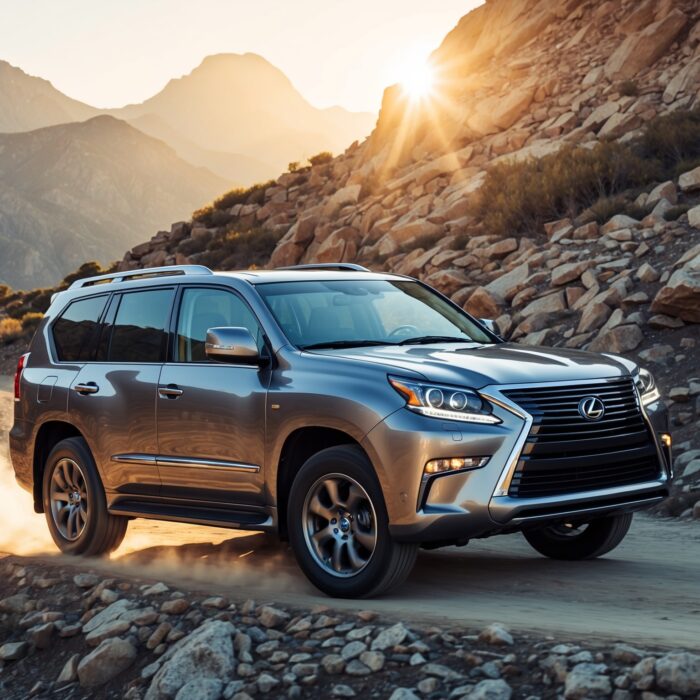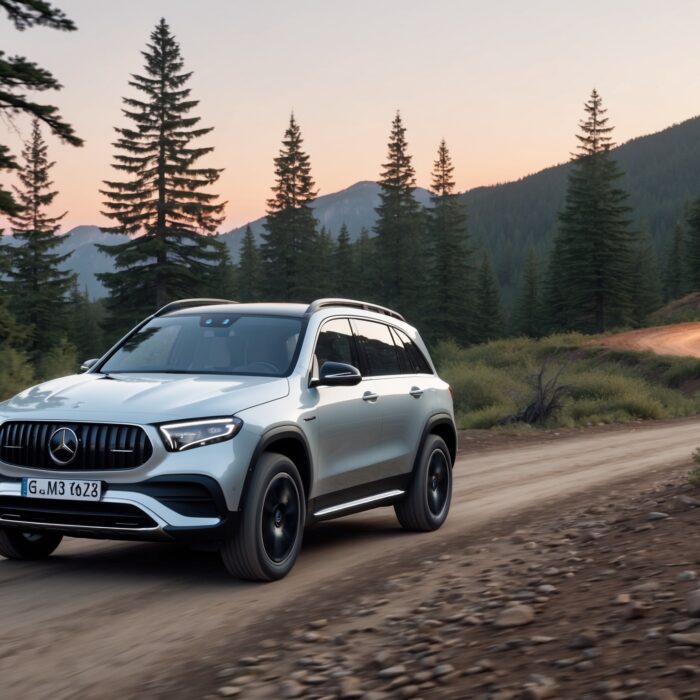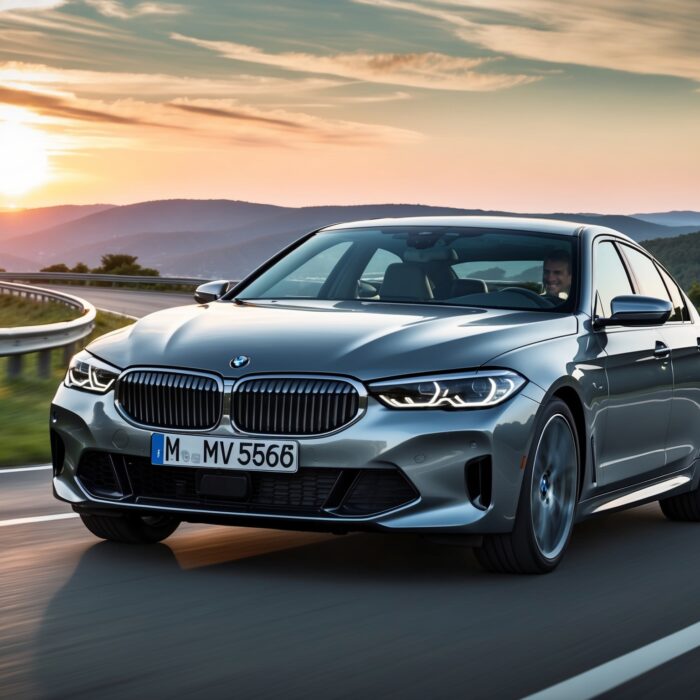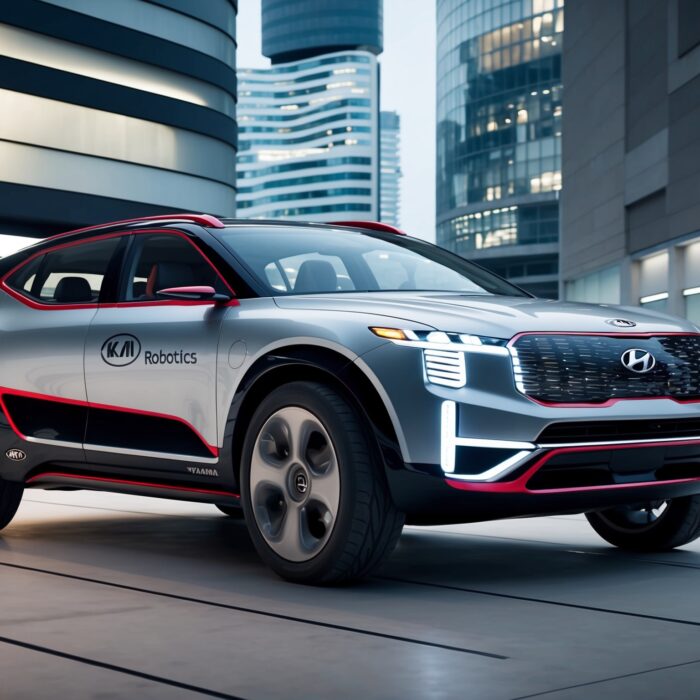Redefining Car Ownership in Densely Populated Smart Cities
As urban landscapes evolve and technology continues to shape our lives, the concept of car ownership is undergoing a dramatic transformation. In densely populated smart cities, where space is at a premium and sustainability is paramount, traditional notions of owning a vehicle are being challenged. Here at Torque Feed, we’re diving deep into how urbanization, technology, and changing consumer preferences are redefining what it means to own a car.
The Rise of Smart Cities
Smart cities are more than just urban areas filled with high-rise buildings and bustling streets; they are hubs of innovation and technology tailored to enhance the quality of life for their residents. With initiatives focusing on sustainability, smart infrastructure, and connectivity, these cities are paving the way for a new era of mobility.
Understanding Smart City Infrastructure
At the heart of a smart city is an integrated infrastructure that optimizes resources and improves efficiency. This includes:
- Smart Traffic Management: Using IoT devices and AI to manage traffic flow, reducing congestion and emissions.
- Renewable Energy Sources: Implementing solar panels and wind turbines to power public transportation systems.
- Connected Public Transport: Offering real-time updates and seamless interconnectivity between various modes of transportation.
- Smart Parking Solutions: Utilizing apps and sensors to help drivers find parking spaces, thus minimizing time spent circling blocks.
The Shift in Consumer Preferences
As technology advances and urbanization accelerates, the preferences of consumers are shifting. Many individuals now prioritize accessibility and convenience over the traditional idea of car ownership. This change can be attributed to several factors:
Cost Considerations
The financial implications of owning a vehicle are significant. From insurance and maintenance to fuel costs and parking fees, owning a car can strain a budget, especially in urban environments. Smart city dwellers are increasingly realizing that alternatives such as:
- Car Sharing: Services like Zipcar and Turo allow residents to access vehicles on an as-needed basis without the burdens of ownership.
- Ride-Hailing Services: Apps such as Uber and Lyft provide a convenient way to travel without the need for a personal vehicle.
- Public Transportation: Enhanced public transport options are making it easier for residents to navigate their cities.
Environmental Concerns
With climate change becoming a pressing issue, many consumers are more environmentally conscious than ever. The desire to reduce carbon footprints is prompting individuals to consider:
- Electric Vehicles (EVs): As charging infrastructure becomes more widespread, the appeal of EVs continues to grow, especially in urban areas focused on sustainability.
- Alternative Mobility Solutions: Biking, walking, and using electric scooters are increasingly popular for short-distance travel.
Car Ownership Models in Smart Cities
As we rethink car ownership, various models are emerging that cater to the needs of urban residents. Here’s a closer look at some of these innovative approaches:
Subscription Services
Car subscription services like Care by Volvo or Porsche Passport offer a flexible alternative to traditional ownership. These services allow users to:
- Choose their vehicle: Subscribers can switch between different models based on their preferences and needs.
- One monthly fee: This typically covers insurance, maintenance, and roadside assistance, making it a hassle-free experience.
Shared Mobility
Car-sharing platforms are becoming increasingly popular in smart cities. These services enable multiple users to access the same vehicle, promoting resource efficiency and reducing the number of cars on the road. Companies like:
- Zipcar: Allow users to rent vehicles by the hour or day.
- Getaround: Enables peer-to-peer car sharing, letting individuals rent out their own vehicles.
Micro-Mobility Solutions
The rise of micro-mobility solutions, such as e-bikes and electric scooters, has transformed urban transportation. These options are particularly appealing due to their:
- Affordability: They often come at a lower cost compared to traditional vehicles.
- Convenience: Ideal for short commutes or last-mile travel.
- Environmental Impact: Reduced emissions compared to cars.
Technology’s Role in the Future of Car Ownership
Technology is at the forefront of reimagining car ownership in smart cities. Innovations are enhancing the user experience while making transportation more efficient and eco-friendly. Here’s how:
Autonomous Vehicles
Self-driving cars are no longer a futuristic fantasy. Companies like Waymo and Tesla are making strides in developing autonomous vehicles, which could revolutionize car ownership in urban environments. The key benefits include:
- Increased Safety: Reduced human error could lead to fewer accidents.
- Time Efficiency: Passengers can use travel time for work or leisure instead of focusing on driving.
- Dynamic Ridesharing: Autonomous vehicles could be deployed on-demand, further reducing the need for personal ownership.
Connected Cars
Connected car technology allows vehicles to communicate with each other and the surrounding infrastructure. This innovation enhances safety and efficiency by:
Also Read: The State of Classic Car Modification and Restomod Trends
- Predicting Traffic Patterns: Real-time data can help drivers avoid congested routes.
- Enhancing Navigation: Connected cars can receive updates about road conditions, accidents, and detours.
Smart Parking Solutions
Finding parking in urban areas can be a daunting task. Smart parking technologies, which offer real-time data on available spaces, are helping to ease this burden. Benefits include:
- Reduced Time Searching for Parking: Drivers can quickly locate available spaces, minimizing congestion.
- Better Utilization of Urban Space: Smart parking helps maximize the use of existing infrastructure.
The Cultural Shift in Urban Mobility
As car ownership evolves, there’s a broader cultural shift taking place in urban mobility. The way we think about transportation is changing, influenced by factors such as:
Community Engagement
Smart cities are fostering community engagement around mobility solutions. Local governments and organizations are encouraging residents to participate in:
- Mobility Planning: Input from citizens helps design transportation systems that meet their needs.
- Car-Free Days: Initiatives that promote non-motorized travel help raise awareness about the benefits of reducing car dependency.
Education and Awareness
As more people become aware of the impact of their transportation choices, educational campaigns are promoting sustainable practices. These initiatives aim to:
- Highlight Alternatives: Informing residents about available transportation options beyond personal vehicles.
- Promote Eco-Friendly Options: Encouraging the use of public transport, biking, and walking.
Challenges and Considerations
While the transition to new models of mobility presents exciting opportunities, it also comes with its challenges. Addressing these considerations is crucial for the successful implementation of new ownership models:
Infrastructure Development
Smart cities require robust infrastructure to support alternative mobility solutions. This includes:
- Investments in Charging Stations: As electric vehicles gain popularity, the demand for accessible charging points increases.
- Expanding Public Transport Networks: Ensuring that public transport is efficient, reliable, and well-connected is essential.
Regulatory Frameworks
Creating a supportive regulatory environment is vital for the growth of new mobility models. This involves:
- Updating Policies: Regulations must adapt to accommodate emerging technologies and business models.
- Ensuring Safety Standards: As autonomous vehicles and shared mobility services become mainstream, safety regulations must evolve accordingly.
Consumer Trust
Building trust in new mobility models is essential for widespread adoption. This can be achieved by:
- Ensuring Data Security: Protecting user data and privacy is crucial, especially for connected vehicles.
- Promoting Transparency: Clear communication about how services operate can help alleviate concerns.
The Road Ahead: A New Era of Mobility
The future of car ownership in densely populated smart cities is not a one-size-fits-all approach. Instead, it will encompass a variety of solutions tailored to meet the diverse needs of urban residents. As we embrace this evolution, it’s essential to consider the benefits and challenges that come with it. Here at Torque Feed, we believe that the journey toward redefining car ownership is an exciting one, filled with opportunities for innovation, sustainability, and community engagement.
Also Read: The State of Classic Car Modification and Restomod Trends
As we look ahead, it is clear that the landscape of mobility will continue to change. With the rise of technology, shifting consumer preferences, and an emphasis on sustainability, the way we think about car ownership will be forever altered. The challenge lies in navigating this transformation while ensuring that it benefits everyone in our smart cities.
So, whether you’re a car enthusiast who loves the thrill of driving or someone who prefers the convenience of ride-sharing, the future of transportation is bright—and it’s just around the corner.

